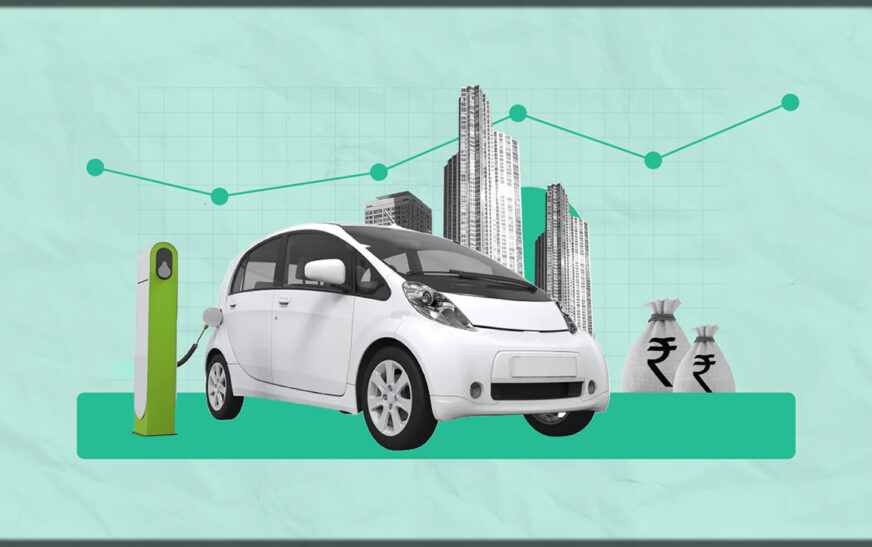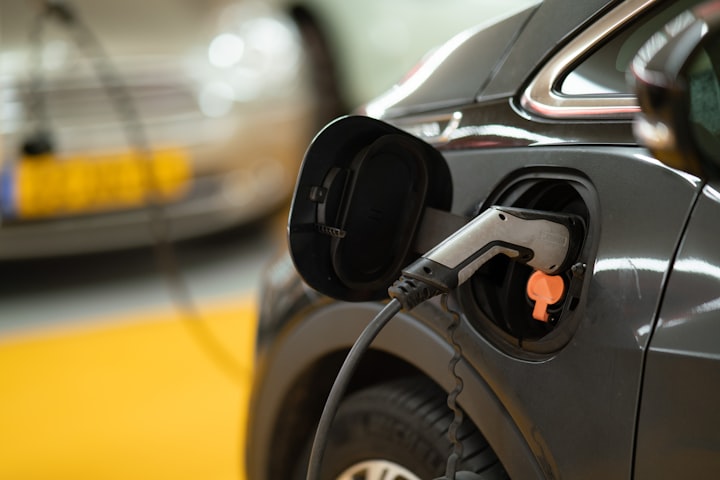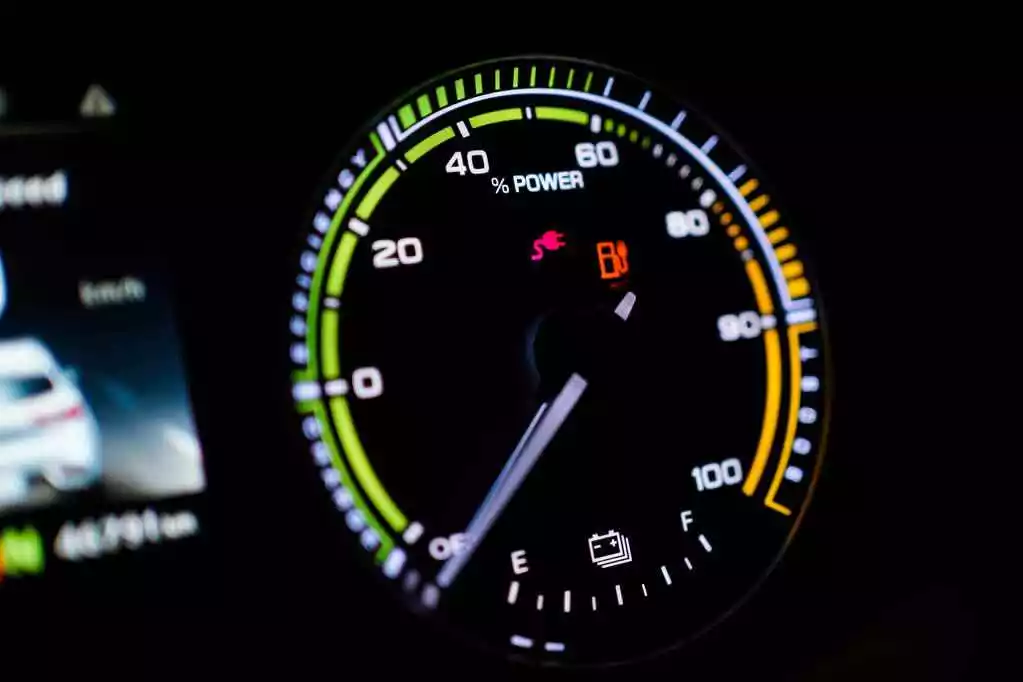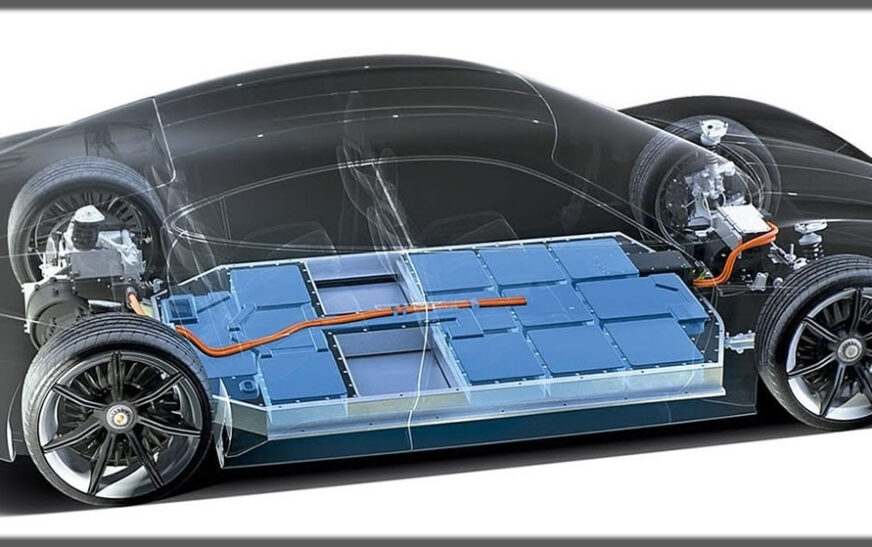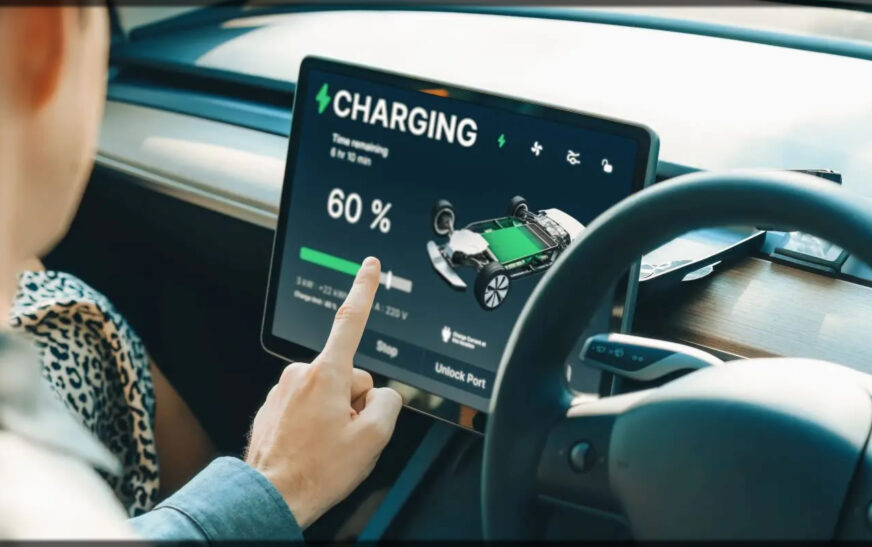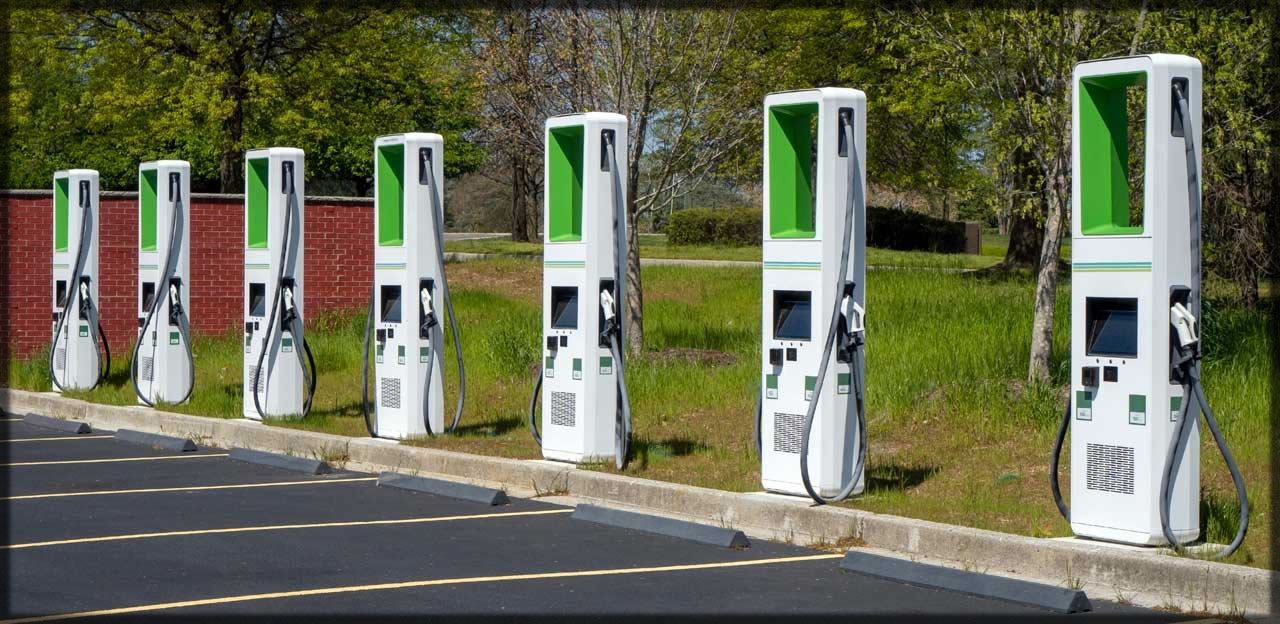The Role of Electric Vehicles in Sustainable Transportation. As the world moves toward a more sustainable future, the transportation sector plays a crucial role in reducing carbon emissions and minimizing environmental degradation. Among the many solutions available, electric vehicles (EVs) have emerged as a game-changing technology that significantly reduces reliance on fossil fuels, lowers greenhouse gas emissions, and promotes cleaner air. As advancements in battery technology, charging infrastructure, and renewable energy integration continue to develop, EVs are becoming more accessible and efficient. This article explores the role of electric vehicles in sustainable transportation, examining their benefits, challenges, and future potential.
Reducing Greenhouse Gas Emissions and Combating Climate Change
One of the primary motivations for transitioning to EVs is their potential to reduce greenhouse gas (GHG) emissions. Traditional gasoline and diesel-powered vehicles release significant amounts of carbon dioxide (CO₂), methane (CH₄), and nitrous oxide (N₂O) into the atmosphere, contributing to global warming. In contrast, EVs produce zero tailpipe emissions, making them a much cleaner alternative.
However, the sustainability of EVs largely depends on the energy sources used for electricity generation. In regions where coal and natural gas still dominate the power grid, EVs may have a higher indirect carbon footprint compared to places where renewable energy sources such as wind, solar, and hydroelectric power are widely used. As the world continues its shift toward cleaner electricity production, the environmental benefits of EVs will increase even further.
Many countries are also implementing stricter emissions regulations, carbon pricing, and incentives for renewable energy adoption. As these policies gain traction, the carbon footprint of EVs is expected to decrease significantly, reinforcing their role in the fight against climate change.
Enhancing Energy Efficiency and Reducing Waste
Electric vehicles are far more energy-efficient than internal combustion engine (ICE) vehicles. Gasoline and diesel engines operate with an efficiency of about 20-30%, meaning that most of the energy produced from burning fuel is lost as heat. In contrast, EVs convert over 80% of their stored electrical energy into motion, significantly reducing energy waste.
Additionally, regenerative braking technology further enhances EV efficiency. Unlike traditional braking systems that convert kinetic energy into heat and dissipate it into the environment, regenerative braking captures this energy and feeds it back into the battery for reuse. This results in less energy consumption, extended driving range, and reduced wear on braking components, lowering long-term maintenance costs.
The efficiency of EVs also contributes to reducing overall energy demand, which can help ease the pressure on power grids. As battery storage and energy management technologies improve, EVs will play a more significant role in optimizing energy usage and reducing waste in transportation systems.
Integration with Renewable Energy Sources
A major advantage of EVs is their compatibility with renewable energy sources. When charged using solar, wind, or hydroelectric power, EVs can achieve nearly zero-emission transportation, making them an essential part of sustainable mobility solutions.
Many EV owners are adopting home solar panel systems to charge their vehicles, reducing reliance on grid electricity and further decreasing their carbon footprint. In addition, smart grid technologies and vehicle-to-grid (V2G) systems enable EVs to store excess renewable energy and supply it back to the grid when needed. This helps stabilize energy demand and supply fluctuations, making the overall power grid more resilient and efficient.
With growing investments in renewable energy infrastructure, the potential for widespread clean EV charging is expanding. Future advancements in energy storage technologies, such as next-generation batteries and hydrogen fuel cells, will further improve the sustainability of electric transportation.
Reducing Dependence on Fossil Fuels and Enhancing Energy Security
The transportation sector is one of the largest consumers of fossil fuels, contributing to global oil demand and market volatility. By shifting toward EVs, countries can reduce their reliance on imported petroleum products, improving energy security and reducing exposure to fuel price fluctuations.
Additionally, fossil fuel extraction, refining, and transportation have severe environmental consequences, including oil spills, deforestation, and habitat destruction. Reducing the demand for gasoline and diesel through EV adoption can mitigate these negative impacts, leading to a more sustainable and responsible approach to energy consumption.
Government policies aimed at promoting energy independence—such as investments in domestic renewable energy production and EV subsidies—can further accelerate the transition toward a cleaner and more self-sufficient energy future.
Improving Air Quality and Public Health
Air pollution from vehicle emissions is a significant public health concern, particularly in densely populated urban areas. Gasoline and diesel engines emit pollutants such as nitrogen oxides (NOₓ), sulfur dioxide (SO₂), carbon monoxide (CO), and particulate matter (PM), which are linked to respiratory diseases, cardiovascular conditions, and other health issues.
By eliminating tailpipe emissions, EVs contribute to improved air quality and a healthier urban environment. Cities with high EV adoption rates have reported noticeable reductions in air pollution, leading to lower rates of respiratory illnesses, hospitalizations, and premature deaths.
The environmental and health benefits of EVs also extend to reducing noise pollution. Unlike conventional vehicles, EVs operate quietly, creating a more peaceful urban atmosphere and improving the overall quality of life in residential areas.
Challenges to Widespread EV Adoption
While EVs offer numerous sustainability advantages, several challenges must be addressed to accelerate their widespread adoption:
- Battery Production and Recycling: The production of lithium-ion batteries relies on mining raw materials such as lithium, cobalt, and nickel, which raises environmental and ethical concerns. Developing sustainable mining practices and enhancing battery recycling technologies are critical to minimizing the ecological impact of EV production.
- Charging Infrastructure Expansion: A well-developed charging network is essential for mass EV adoption. Governments and private companies must continue investing in charging stations, particularly in rural and underserved areas, to ensure convenient access to charging facilities.
- Electric Grid Capacity and Stability: As EV adoption grows, electricity demand will increase. Upgrading power grids, integrating smart energy management systems, and expanding renewable energy production will be necessary to accommodate the rising number of EVs without overloading the system.
- Affordability and Consumer Accessibility: Although EV prices are decreasing, they still tend to be more expensive than conventional vehicles due to high battery costs. Government incentives, tax rebates, and advances in battery technology will play a crucial role in making EVs more affordable for the average consumer.
Addressing these challenges will require a collaborative effort from governments, industries, and consumers to ensure a smooth and sustainable transition to electric mobility.
The Future of Sustainable Transportation with EVs
The future of sustainable transportation is closely linked to the advancement of electric mobility. Many governments have announced plans to phase out internal combustion engine vehicles by 2035 or sooner, accelerating the shift toward an all-electric transportation system.
Emerging trends such as autonomous electric vehicles, shared mobility solutions, and electric public transportation networks will further enhance sustainability. Companies are investing in electric buses, taxis, and ride-sharing fleets, reducing emissions and promoting more efficient urban mobility.
Innovations in battery technology—such as solid-state batteries, lithium-sulfur batteries, and graphene-based energy storage—promise to enhance EV performance, increase energy density, and lower production costs. As these technologies mature, electric vehicles will become even more practical, sustainable, and cost-effective for consumers and businesses alike.
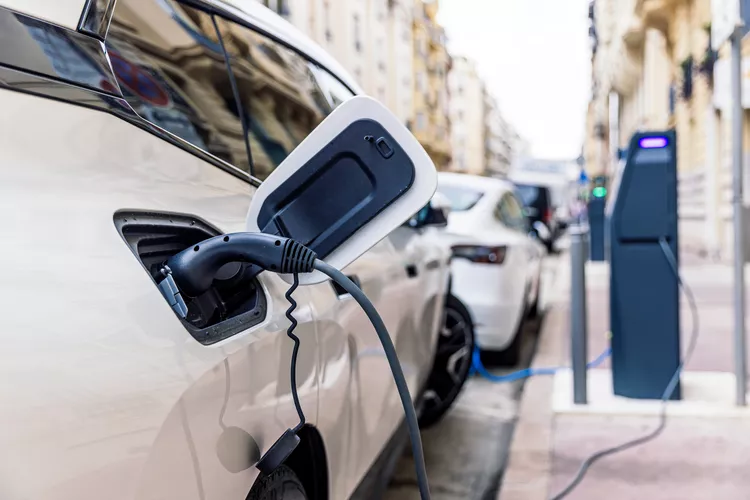
Conclusion
Electric vehicles are revolutionizing the transportation industry by offering a cleaner, more energy-efficient, and sustainable alternative to traditional fossil-fuel-powered cars. By reducing greenhouse gas emissions, improving air quality, decreasing reliance on petroleum, and integrating with renewable energy sources, EVs play a crucial role in the global effort to combat climate change and create a greener future.
Despite the challenges of battery production, charging infrastructure, and affordability, ongoing technological advancements and supportive policies are driving the rapid adoption of EVs. As the transition to electric mobility accelerates, EVs will continue to shape the future of sustainable transportation, contributing to a healthier planet and a more energy-efficient world.

